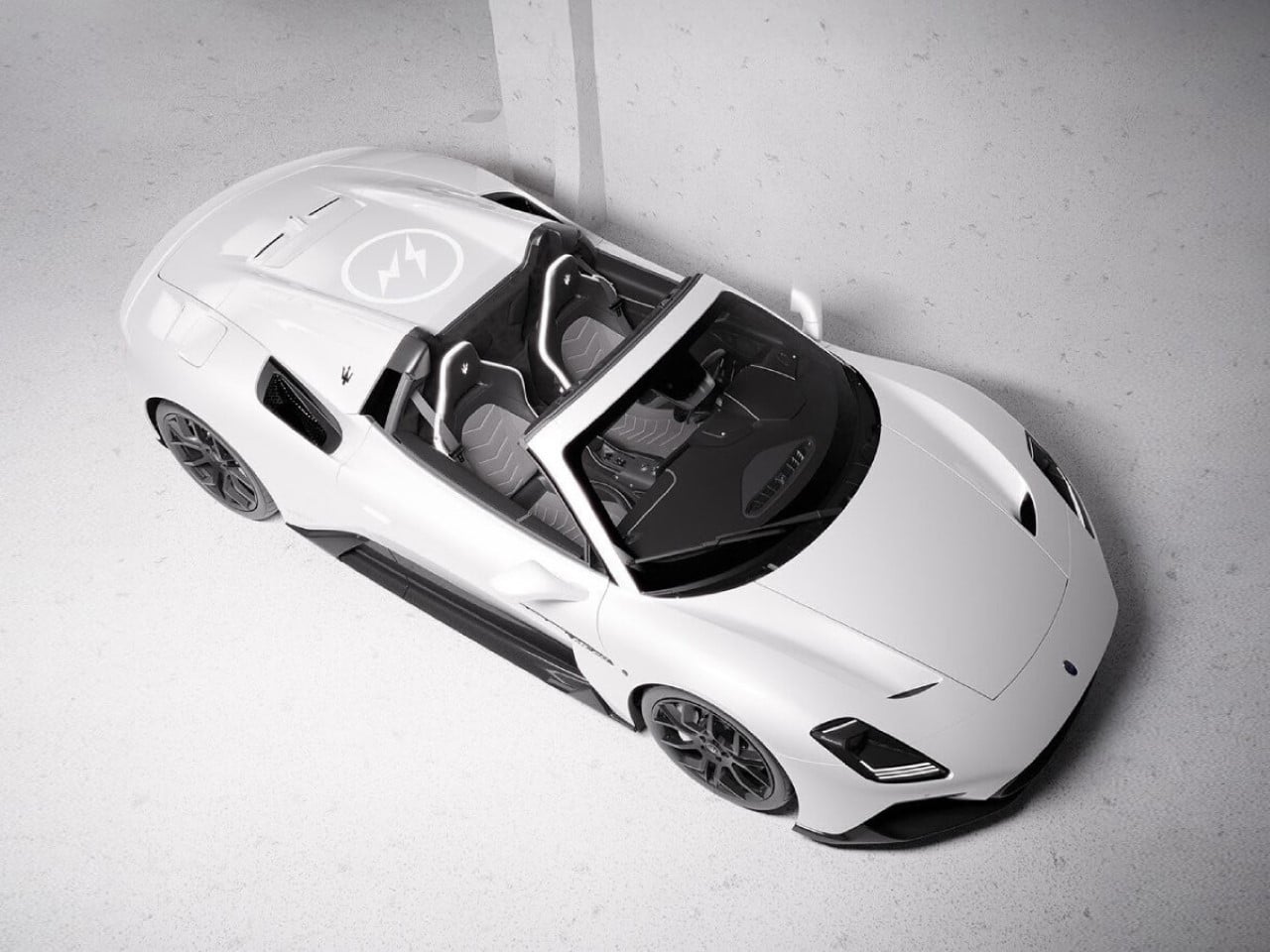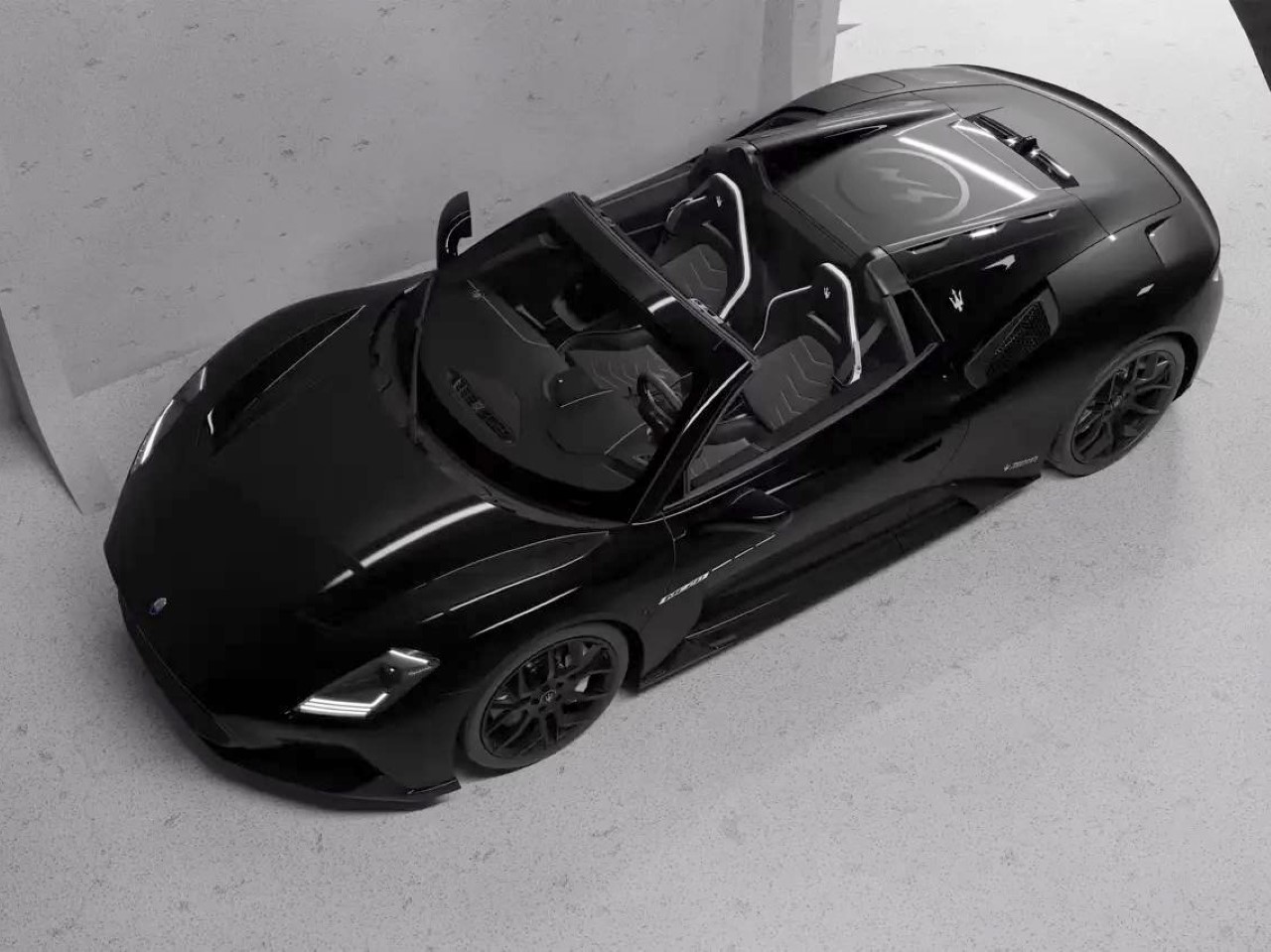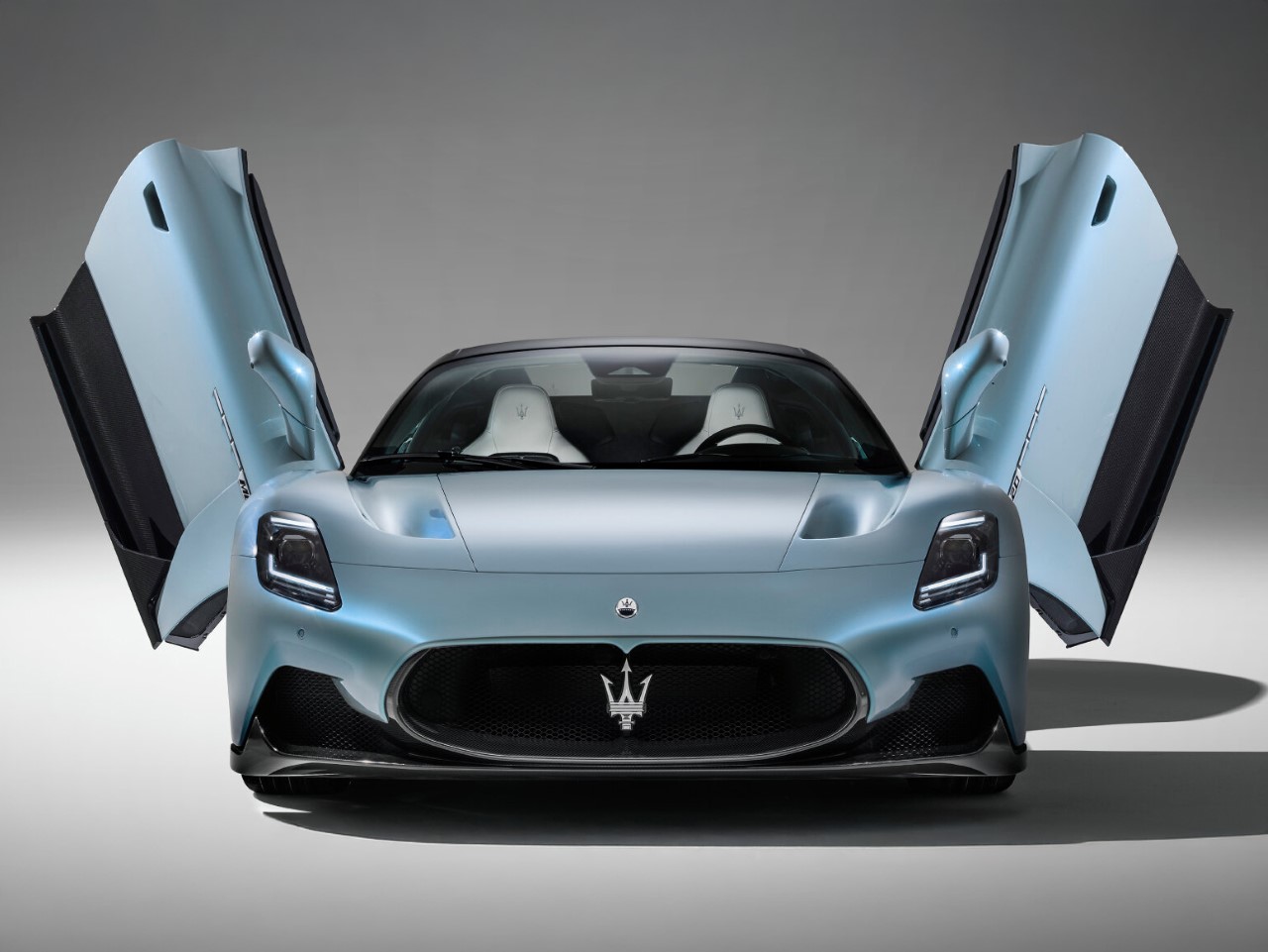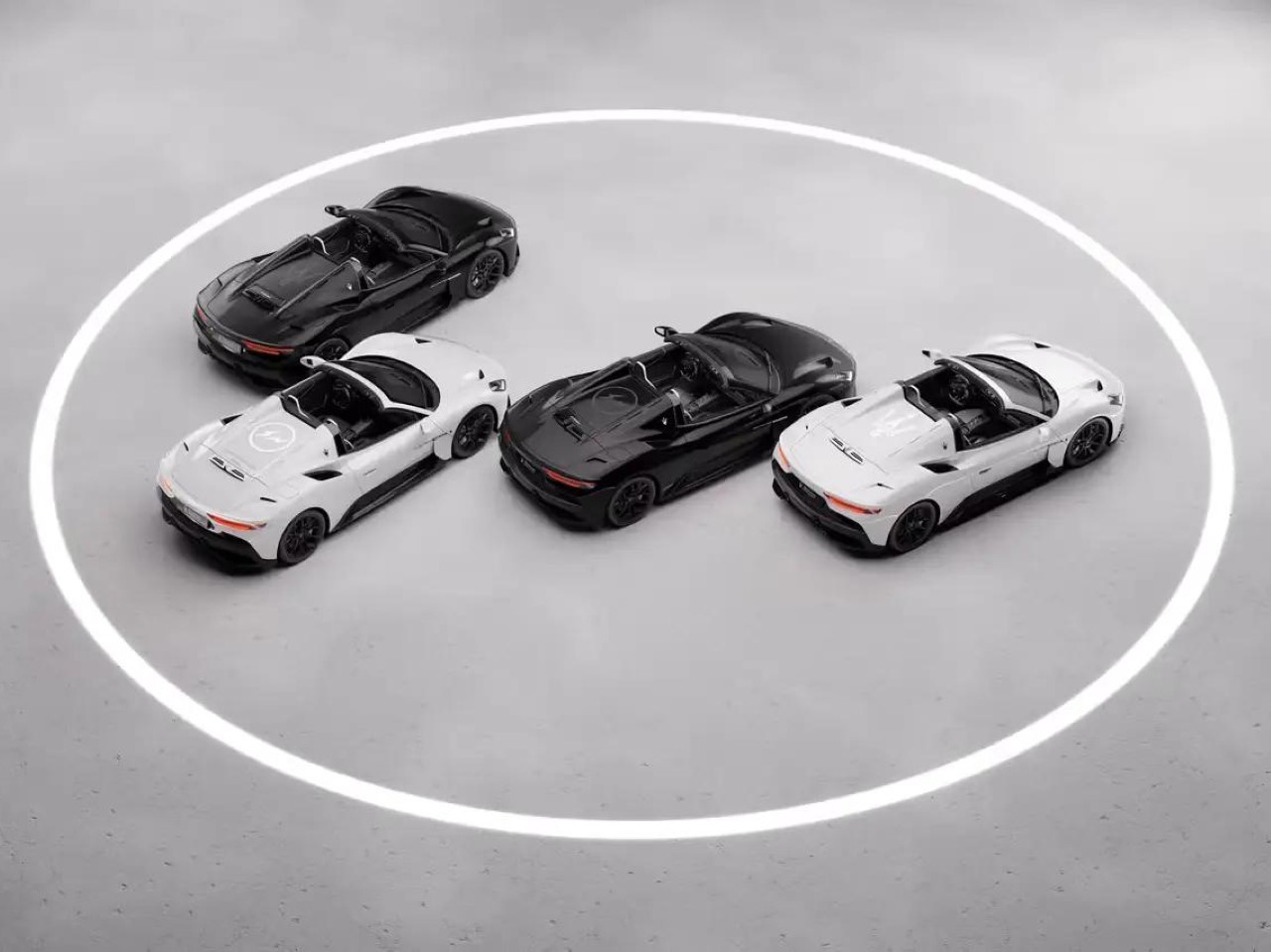
Luxury cars often operate in a world of extremes—loud, ostentatious machines built to grab attention. Yet sometimes, the most compelling statement is a whisper. Maserati’s latest creation, the MC20 Cielo Fuoriserie by Hiroshi Fujiwara, leans into that philosophy with an elegance that feels almost defiant in a landscape of neon paint jobs and roaring exhausts. This isn’t a car clamoring for approval; it’s a piece of design that sits confidently in its own space, daring you to look closer and discover its layers.
What makes this collaboration intriguing isn’t simply the car or Fujiwara’s influence but the way it bridges two worlds: the heritage-laden tradition of Italian sports cars and the quiet precision of Japanese streetwear. It’s a cultural dialogue, an exchange of ideas rendered in matte finishes and stitched leather. Instead of shouting, the MC20 Cielo invites conversation, embodying the kind of luxury that thrives on subtlety and leaves a lasting impression precisely because of it.
Designer: Hiroshi Fujiwara for Maserati

Fujiwara’s touch on the MC20 Cielo is subtle yet unmistakable. This isn’t a wild departure from Maserati’s DNA but rather a nuanced refinement. The car comes in two striking matte finishes, Nero Vulcano and Bianco Audace—black and white, perfectly mirroring Fujiwara’s signature monochromatic style. What really draws the eye, though, is the Fragment logo, replacing Maserati’s Trident emblem on the rear hood. It’s bold, unconventional, and feels like a deliberate nod to those who appreciate quiet luxury with an edge.
Slip inside, and the details tell a similar story. Black leather upholstery dominates the cabin, punctuated by Fujiwara’s unique wave-pattern stitching in white. It’s not flashy, but it’s undeniably cool—a design choice that feels tactile, intimate, and in step with the car’s exterior aesthetic. Even the steering wheel, swathed in Alcantara, feels like it was tailored for this collaboration. Between the headrests sits a commemorative metal plate, a small but significant marker of the partnership between Maserati and the “Godfather of Streetwear.”

Of course, a Maserati is only as good as its engine, and the MC20 Cielo doesn’t disappoint. At its heart is the F1-inspired 3.0-liter twin-turbocharged V6 Nettuno engine, capable of delivering a jaw-dropping 621 horsepower. This is a car that can hit 100 km/h in three seconds flat and soar beyond 320 km/h without breaking a sweat. It’s raw, it’s responsive, and yet, thanks to the refined suspension and cutting-edge aerodynamics, it never feels unwieldy.
The roof, however, might be the real showstopper. Maserati calls it a “smart glass” panel, and that’s not just a marketing term. With the push of a button, it can shift from clear to opaque, letting you choose between an open-air driving experience or a bit more privacy. It’s the kind of feature that’s as functional as it is showy—perfect for cruising city streets or taking in coastal views.

But here’s where Fujiwara’s influence really shines: this isn’t a car screaming for attention. Instead, it whispers to those who already know its value. The collaboration feels curated for a niche audience that appreciates both the legacy of Maserati and the cultural currency of Fujiwara’s Fragment label. It’s a balancing act—melding high performance with high fashion—and this car nails it.
The MC20 Cielo Fuoriserie isn’t mass-produced; it’s available only on request, making it as exclusive as it is stunning. While pricing remains a closely guarded secret, it’s safe to say that owning one is as much about buying into a lifestyle as it is about the car itself. For enthusiasts and collectors alike, it represents a rare intersection of automotive excellence and contemporary design.
The post Streetwear Meets Supercars: Hiroshi Fujiwara’s Custom Maserati MC20 Cielo first appeared on Yanko Design.
from Yanko Design

0 Comments